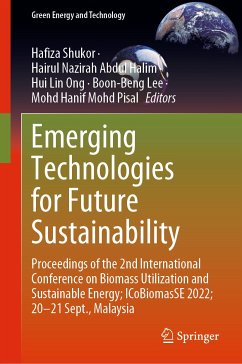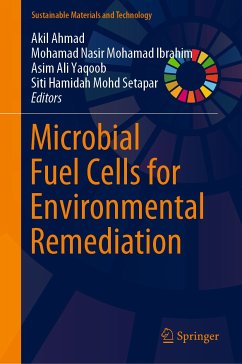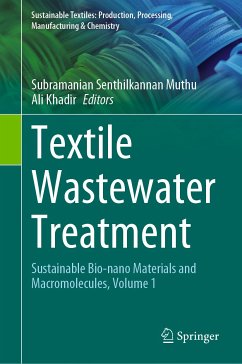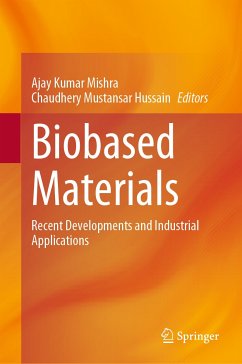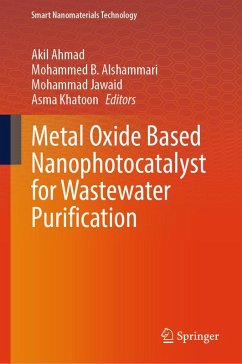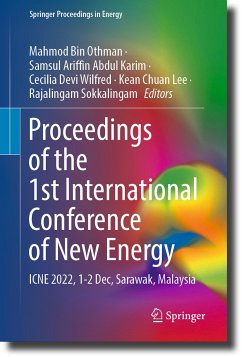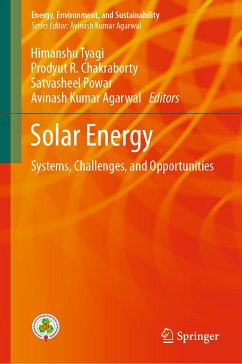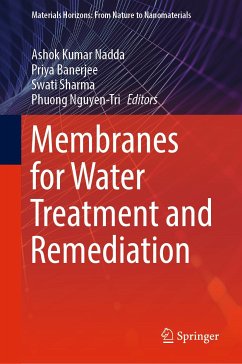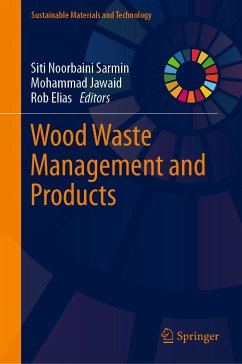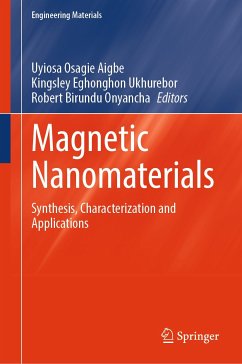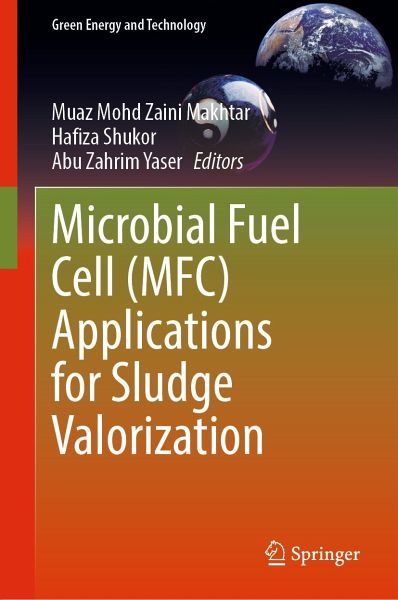
Microbial Fuel Cell (MFC) Applications for Sludge Valorization (eBook, PDF)
Versandkostenfrei!
Sofort per Download lieferbar
88,95 €
inkl. MwSt.
Weitere Ausgaben:

PAYBACK Punkte
44 °P sammeln!
This book highlights current efforts and research (in Malaysia) on Microbial Fuel Cell (MFC) approach as a core technique for sludge treatment and energy recovery. It also includes health and socioeconomic perspectives used in this approach. The book begins with an overview of sludge in waste treatment plants and the efficient generation of renewable energy through dewatered sludge bioconversion via MFC. It presents the use of Electrogenic Bacteria (EB) for accelerating the hydrolysis treatment of sludge and the determination of metabolites produced in the process. The book highlights new achi...
This book highlights current efforts and research (in Malaysia) on Microbial Fuel Cell (MFC) approach as a core technique for sludge treatment and energy recovery. It also includes health and socioeconomic perspectives used in this approach. The book begins with an overview of sludge in waste treatment plants and the efficient generation of renewable energy through dewatered sludge bioconversion via MFC. It presents the use of Electrogenic Bacteria (EB) for accelerating the hydrolysis treatment of sludge and the determination of metabolites produced in the process. The book highlights new achievements in the purification of sludge through rubber band technology and further treatment. It discusses the recovery of beneficial biodegradable polymer compounds that are added value for the plastic industry and presents safety issues of sludge on human health. Further, it presents a case study on the MFC project for STEM (Science, Technology, Engineering, and Mathematics) education, and includes the economic perspective of innovation in energy. The book ends with various ways forward toward improving renewable energy production and clean waste treatment.
¿
¿
Dieser Download kann aus rechtlichen Gründen nur mit Rechnungsadresse in A, B, BG, CY, CZ, D, DK, EW, E, FIN, F, GR, HR, H, IRL, I, LT, L, LR, M, NL, PL, P, R, S, SLO, SK ausgeliefert werden.



